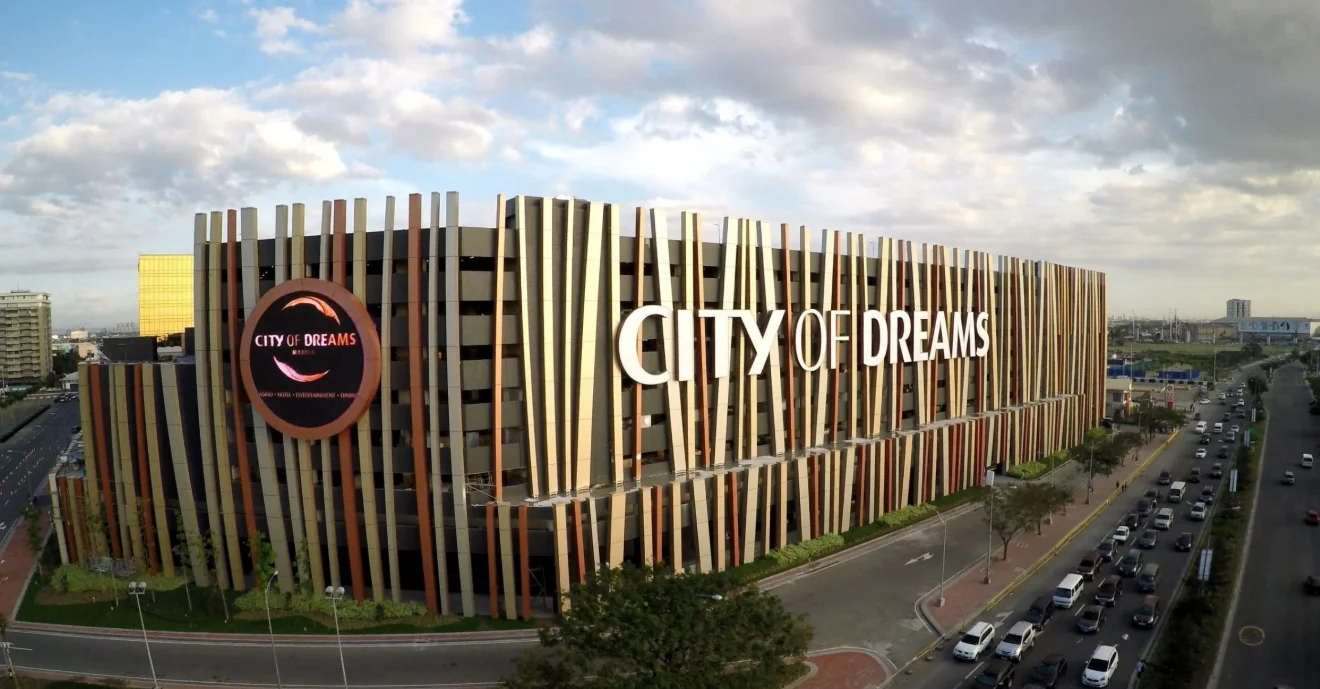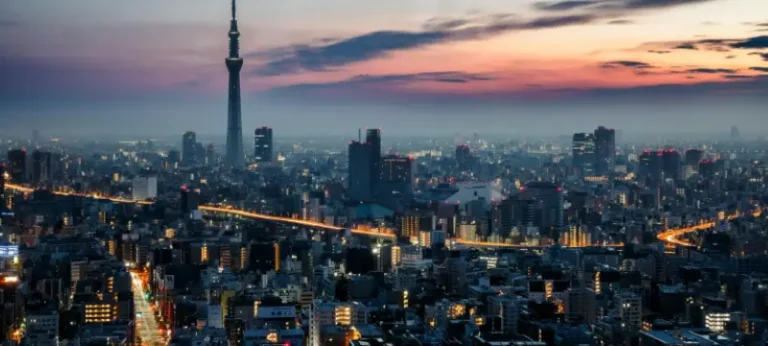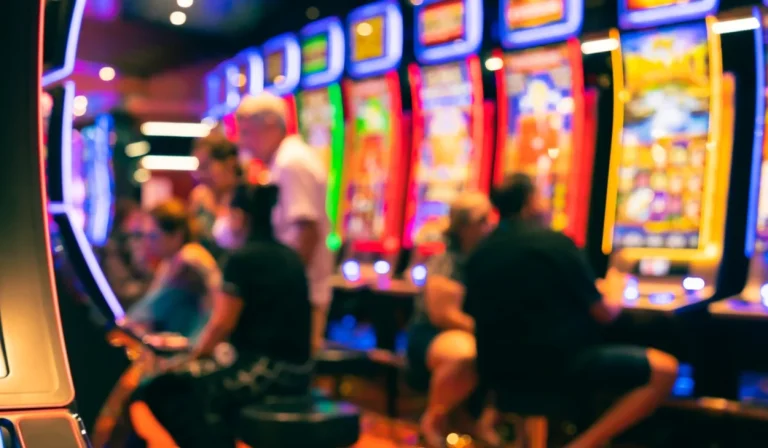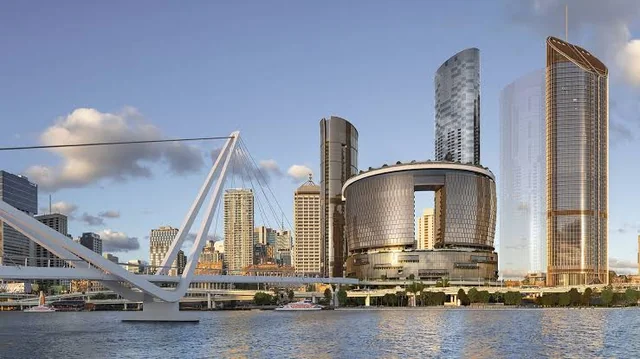Who will buy Melco’s City of Dreams Manila?
Last month, Melco Resorts & Entertainment confirmed it is “exploring potential strategic alternatives” for City of Dreams Manila, raising the possibility of selling its Philippines resort. Is the billion-dollar price too steep?
Melco aims to free capital for its planned entry into Thailand, expected to approve casino legislation this year.
During a fourth-quarter earnings call, Melco chairman and CEO Lawrence Ho outlined an “asset-light” approach to “reallocate resources… and support long-term growth initiatives.”
Clearly, this strategy points to Thailand, the next big frontier in gaming.
Melco first on the ground in Thailand
Analysts predict Thailand could overtake Singapore as the world’s third-largest gaming market, after Macau and Las Vegas.
In 2024, Singapore generated $4.5 billion (£3.7B/€4.04B) in gross gaming revenue from just two integrated resorts (IRs), Marina Bay Sands and Resorts World Sentosa. Thailand plans five IRs, or “entertainment complexes,” in its first phase, with four locations selected: Chiang Mai, Phuket, Chonburi, and Bangkok, which may host two resorts.
Applicants for a resort licence must show at least $288 million in registered capital and commit $3 billion to development.
For Melco, which operates IRs in Macau, Cyprus, the Philippines, and is building in Sri Lanka, Manila is the most dispensable property.
City of Dreams Manila not an easy sell
“If you review Melco’s portfolio, there are few options to free up liquidity for Thailand,” says Ben Lee, managing partner at Macau gaming consultancy IGamiX.
Sri Lanka’s resort won’t open until Q3 2025, and Cyprus “has yet to hit its stride,” says Lee. (City of Dreams Mediterranean opened in 2023 amid the global pandemic recovery and geopolitical challenges.)
Selling Manila could be tricky. Belle Corp, the leisure arm of SM Investments, “owns the land, buildings, and licence,” Lee explains. “Melco can really only sell management rights and possibly casino assets, subject to regulatory and Belle approval.”
“Outside Macau, Manila continues to generate cash but lacks growth potential due to local competition,” says Vitaly Umansky of Seaport Research. “Meanwhile, Cyprus has underperformed.”
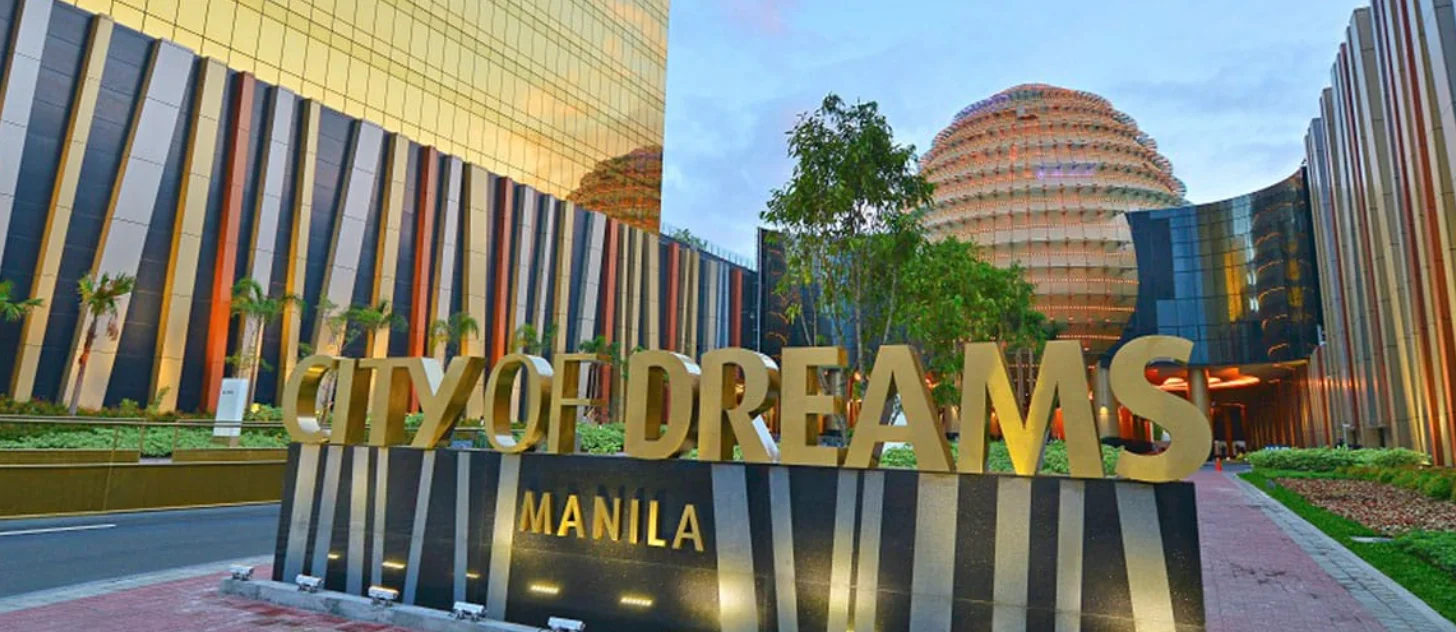
Belle won’t dance – yet
Belle Corp is the logical buyer but has declined so far.
In a 3 March filing to the Philippine Stock Exchange, Belle said it “cannot confirm statements about Melco exiting the Philippines” and noted “any buyout of Melco’s COD Manila interests is not part of immediate plans.”
This leaves the door open if the price is right. Melco’s financial advisors CBRE and Moelis did not disclose a price, but a source told Bilyonaryo Business News that Ho’s Nasdaq-listed firm wants $1 billion. The resort, which opened in 2014 in Entertainment City, cost that much to develop.
The price may be steep for the Sy family, owners of SM Investments and Belle Corp, with a combined 2024 net worth of $13 billion.
The “upside” of City of Dreams
The resort highlights its “strong position in a high-growth Philippine gaming market with significant potential and upside.”
City of Dreams Manila had a strong Q4, led by rolling-chip and mass tables. GGR rose 14% YoY to $149 million, with VIP revenue up 109%. Non-gaming revenue was $29.9 million versus $30.3 million in Q4 2023.
The resort features three luxury hotels, including Nobu Hotel, 20 restaurants, a retail boulevard, the world’s first DreamWorks DreamPlay family entertainment centre, 18,000 m² gaming floor, and 2,300 m² MICE space.
Emerging markets like Thailand, Japan, and the UAE could challenge the Philippines’ gaming industry.
“In 2024, Thailand welcomed 35.5 million tourists versus six million in the Philippines,” said Alejandro Tengco, head of PAGCOR. “Why gamble in the Philippines when you’re already in Thailand?”
Thailand: Land of “fabulous potential”
Global operators are eyeing Thailand.
“I remain cautious on Thailand,” says analyst Brendan Bussmann, B2 Global. “It has the potential to rival Singapore, Manila, and UAE, but success hinges on regulatory clarity.”
Melco may have an edge once Thailand finalizes rules. In 2024, Melco’s global resorts had 21 million visitors, and Ho claims guests spend 3-4 times more and stay 30% longer than at competitor resorts.
“Their global footprint shows ambition and appetite for new markets,” says Lee. “Melco has been most successful in developing entertainment for the Asian market.”

